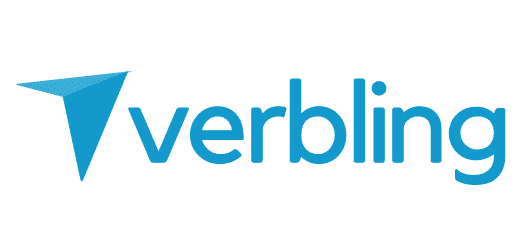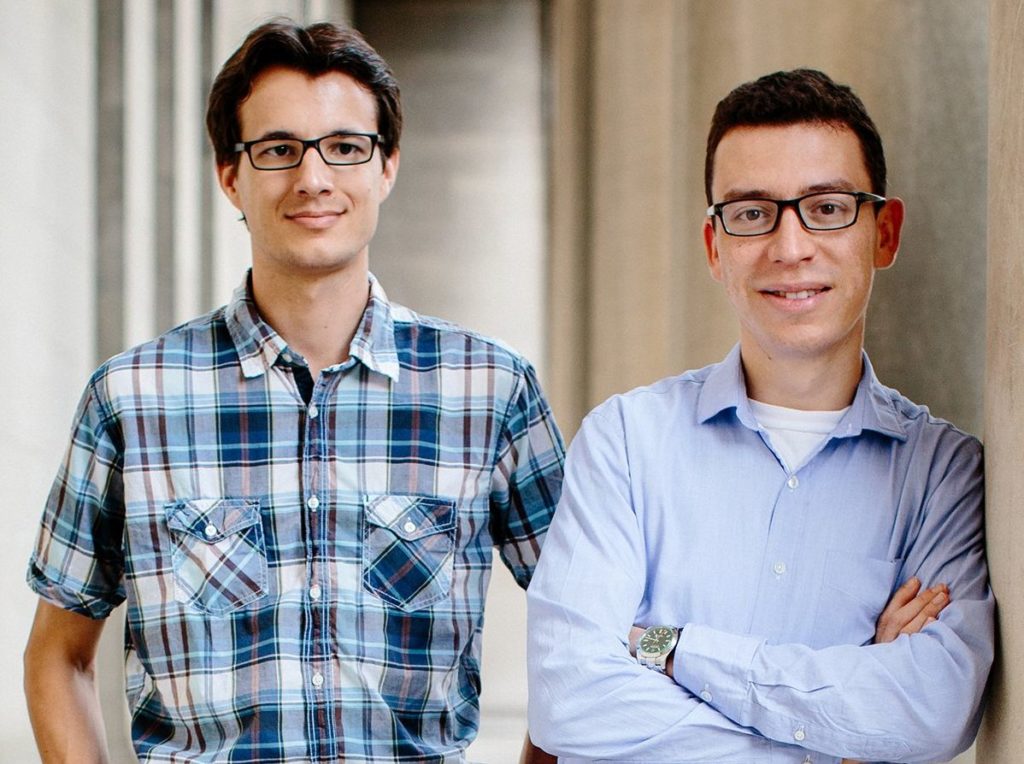Verbling: More Than A Language Learning Platform, Helping To Break Different Culture’s Stereotypes
There are many online learning platforms are available, some of them are paid while some of the platforms do not cost a penny. But Verbling stands different from each of them because of its unique platform. On the Verbling platform, one can trade the linguistic skills of the language they know with others who know the language you want to learn through video chat. In fact, this all is free! This amazing idea behind setting up the platform makes it unique. It is set up by Fred Wulff, Jake Jolis, and Mikael Bernstein. After several struggles and lots of hard work they finally designed the platform as per their ideas.
As a matter of fact, the Verbling founders spent two days to decide the perfect name for their platform. In end, they come up with the name Verbling, the combination of two words Verbal and Linguistic. Presently, Verbling enables the best online learning platform that pairs learners with language tutors via video chat, for free.
About Verbling
It is an online language learning platform, known for allowing individuals to connect with language teachers through video chat. The company aims to address the problem of the language barrier, which is one of the biggest problems in international business. Yes, emails, video conference, and chat obviously made it easier to communicate over long distances. But still, not all international colleagues understand each other’s language. Here, Verbling plays an important role. Initially, only six English-Spanish exchanges were available on the platform. However, the founder’s keen dedication enabled other languages on the Verbling platform.
The Backstory of Foundation
In 2011, Jake Jolis, Fred Wulff, and M. Bernstein set up the online language learning platform known as Verbling. Initially, it started as a Verbling Friends, a simple video chat platform for people who are eager to learn new languages. For that, they design a video chat platform where users can learn each other’s language through chat. However, in a short duration, Verbling raised 1-million-dollar funding and shifted the headquarter to San Francisco. Thereafter, the company added nine more languages and finally launched online Verbling classes in 2013.
Exploration of Verbling
The firm raised series A funding of 2.7 Million dollars in 2015 so that expanding technology to more platforms. Other than that, Verbling offered free lessons in Swedish during the Syrian Civil War to help Syrian refugees. In 2016, Verbling took a new step and launched a platform for the corporate world to help their employees in learning new languages. For that, the company tied up with Inditex and Volkswagen Group. Thereafter, it launched iOS and Android apps in 2017, on this platform more than 2000 teachers are there to help in learning new languages. Moreover, 60 languages are available on the Verbling virtual language learning platform.
How does it work?
First of all, the person who wants to learn a language on Verbling platform, he/she needs to sign up. After that, a video chat will be aligned with the person who knows the language of the learner. Basically, the whole set up is work on allowing a person to learn your language for five to ten minutes and thereafter, the same service is provided to the other person on the chat. The best part about Verbling, one can share cultures to help to break stereotypes associated with it.
Founders in Limelight
Fred Wulff
A former software engineer at Google, Fred Wulff shared great contributions in the formation of Verbling. Before that, he worked for many other companies like Hillary for America, Causes, and Dropbox, where he served in the Engineering field. Fred has experienced in App Engine, focusing on MapReduce support, distributed systems work, API design, and operational work, etc. He also established Rodeo in 2012.
Wulff attended Stanford University for studying bachelor’s and masters in computer science. During his study, he also did an internship at Google, Mobile Evolution, and Texas State University.
Verbling CEO and Co-founder-Jake Jolis
He is present CEO at Verbling. Jake is known for helping early-stage founders reach their next milestone. He has an optimistic view of determining whether a start-up achieves greatness or taps out pre-maturely. Previously, he was one of the partners at Matrix Partners. Also, he served as a Dray Alliance and Smartcat’s board member. Coming to his education, he studied at Stanford University.
Bottom Line
No one can have thought that the languages can be traded until Verbling made it possible. The dedication and new idea of founders set a brand-new example for entrepreneurs. In fact, the founders also showed the world that you need not have an office to run your business. Because they are working on their platform from the place they are living in. No such offices are there for the company. Today, many learners find a Verbling easy and fun platform to learn the new language.

Jayshri is an Electronics Engineer, but her passion towards writing made her to be in this field. Apart from content writing, she loves reading, writing and surfing on various topics. In her free time, she likes to watch TV series and news. Sherlock Holmes is her all time favorite show. Jayshri loves cooking various Indian-western dishes.



